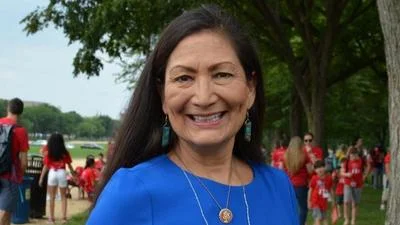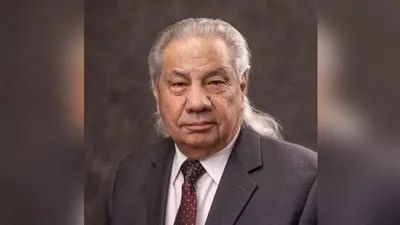North Dakota's redistricting battle continues as the state appeals a court decision that found its legislative district map unlawfully diluted Native American voting rights. The case, Turtle Mountain Chippewa et al. v. Howe, was presented before the U.S. Eighth Circuit Court of Appeals in St. Paul, Minnesota.
The North Dakota Secretary of State is contesting a lower court ruling that allowed private plaintiffs to bring claims under the Voting Rights Act through 42 U.S.C. § 1983. This challenge follows a federal court's decision earlier this year to implement fair maps after the state failed to propose a new one within an extended deadline.
The state's legal team argued that individual citizens do not have the right to sue for vote dilution under Section 1983 because it affects voters collectively rather than individually.
Representatives for Native voters and Tribal Nations include organizations such as the Native American Rights Fund (NARF), Campaign Legal Center (CLC), and Robins Kaplan LLP. NARF Staff Attorney Lenny Powell stated, “The North Dakota Attorney General’s anti-voter arguments threaten long-held protections each U.S. citizen has: Native and non-Native voters alike have a right to sue state officials who violate their civil rights, under Section 1983 and the Voting Rights Act.”
CLC Attorney Mark Gaber argued before the Eighth Circuit that current redistricting lines have resulted in no Native Americans serving in the North Dakota State Senate for over three decades, violating Section 2 of the Voting Rights Act.
Gaber cited Supreme Court interpretations emphasizing that "the right to an undiluted vote does not belong to the minority as a group, but rather to its individual members."
The lawsuit seeks not only lawful redistricting but also aims to uphold all Americans' rights to challenge unlawful actions by state officials affecting civil rights.









